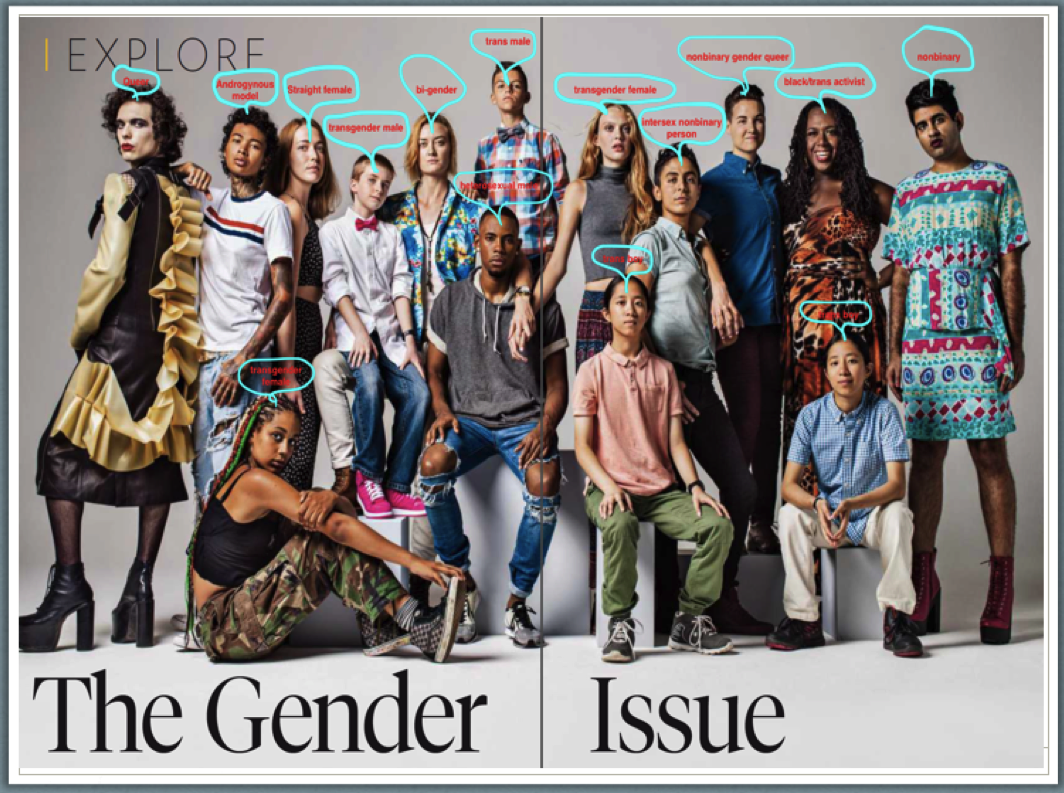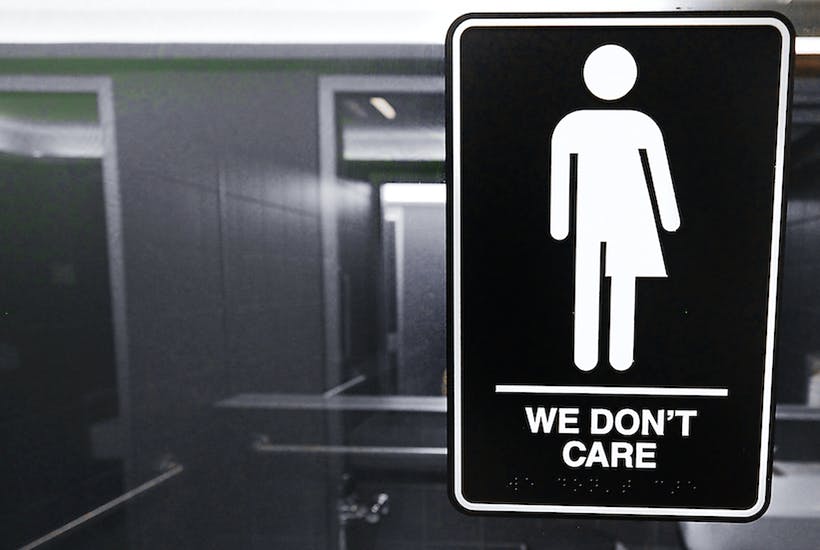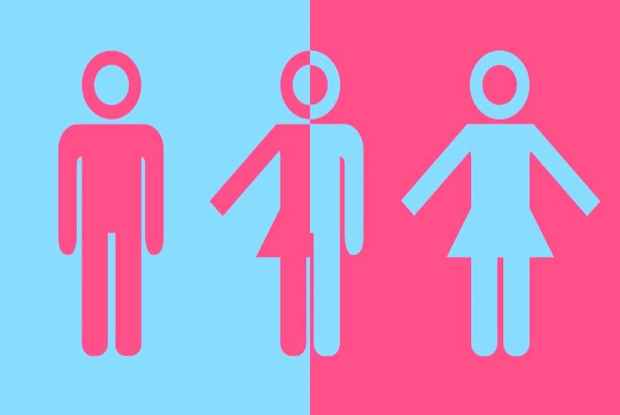It seems that simply posing the above question can—at least potentially—get you into some serious trouble these days. But it’s a question worth asking, nonetheless. Just this week The University of Technology (UTS) in Sydney made the following announcement on its Facebook page:
 However, within a matter of minutes, the post was mysteriously deleted. No explanation was given, but maybe it had something to do with the overwhelmingly negative response that they had started to receive online. According to UTS’ own website, the university offers the following rationale:
However, within a matter of minutes, the post was mysteriously deleted. No explanation was given, but maybe it had something to do with the overwhelmingly negative response that they had started to receive online. According to UTS’ own website, the university offers the following rationale:
UTS has a diverse community of students, staff and visitors to our campus. It’s important to us that all individuals feel welcome and safe on our campus, and have access to appropriate facilities.
We have taken a step to improve the on-campus experience for people who prefer not to use single- gender bathrooms, with the establishment of all gender bathrooms in 10 of our buildings.
Why offer all gender bathrooms?
Some people within our community don’t identify with traditional binary genders (male and female). Others don’t feel comfortable using a bathroom designated by gender, sometimes because they’ve had a negative experience using a single-gender bathroom due to their appearance or gender identity.
All gender bathrooms provide a space that can be used comfortably by everyone.
Now, let me state clearly and emphatically that I am concerned about both the ‘comfort’ and ‘safety’ of everyone. However, I’m not convinced that the policy which UTS is implementing will actually achieve the purpose for which they have in mind.
For starters, statistics from The Human Rights Commission state that a total of 3.96 million people—that’s one-in-five—of the total population in Australia have a disability. Whereas according to the 2016 census conducted by The Australian Bureau of Statistics, there are only 1,260 ‘gender diverse’ people in the whole of the country. I don’t know what that is as an actual percentage of the entire population but you don’t have to be a rocket scientist to work out that it’s really, really, really small.
But has anyone stopped to seriously consider how this decision might affect those with an actual disability? I mean, if abled men, women as well as everyone else on the rainbow spectrum in between, are suddenly allowed to use the unisex toilets then won’t this mean that those who can’t physically use any other kind will be seriously inconvenienced? Hence, the real ‘social injustice’ issue here not the discrimination of a tiny subset of society, but the marginalisation of 20 per cent of the Australian community who are living with a disability.
What’s more, why does UTS think that there is a need to provide a ‘safe’ place for people who are gender fluid? Further, as a university, do they have any hard-statistical data to prove that people who are transgender are disadvantaged by going to the same bathroom as people of the same biological sex? Because, even though the trans lobby might try to deny it, there have already been cases of transgender men assaulting girls – including children – in transgender bathrooms
My hunch is that the whole thing is being driven by the latest leftist ideology. After all, this is the exact same university that has been indoctrinating its first-year education students with the controversial theory that there are not two, but fifteen different genders. Just note the followingscreenshott of actual UTS class notes taken from the subject “Beyond Culture: Diversity in Context”.
 Sadly, it seems impossible to even have a reasoned debate about subjects like this. Instead, contrary opinions are immediately excluded from even being heard. As Miranda Devine wrote in The Daily Telegraph about the policies being adopted by UTS:
Sadly, it seems impossible to even have a reasoned debate about subjects like this. Instead, contrary opinions are immediately excluded from even being heard. As Miranda Devine wrote in The Daily Telegraph about the policies being adopted by UTS:
“Gender identity policies can quickly generate politically correct speech codes in schools and workplaces,” writes Ryan Anderson, in his new book When Harry Became Sally: Responding to the Transgender Moment.
“Anti-bullying” programs can turn into anti-disagreement programs. Dissent is equated with bigotry and hate, so no dissent will be tolerated. All students must accept gender ideology, and their parents will have no say in the matter.”
My hope is that those who disagree with the argument in this article will not respond as Anderson outlines that they normally do. Instead, in the spirit of tolerance and of true free speech, wouldn’t it be great if we could as a culture continue to debate these issues openly in the public square?
Mark Powell is the Associate Pastor of Cornerstone Presbyterian Church, Strathfield.
Got something to add? Join the discussion and comment below.
Got something to add? Join the discussion and comment below.
Get 10 issues for just $10
Subscribe to The Spectator Australia today for the next 10 magazine issues, plus full online access, for just $10.


























Comments
Don't miss out
Join the conversation with other Spectator Australia readers. Subscribe to leave a comment.
SUBSCRIBEAlready a subscriber? Log in